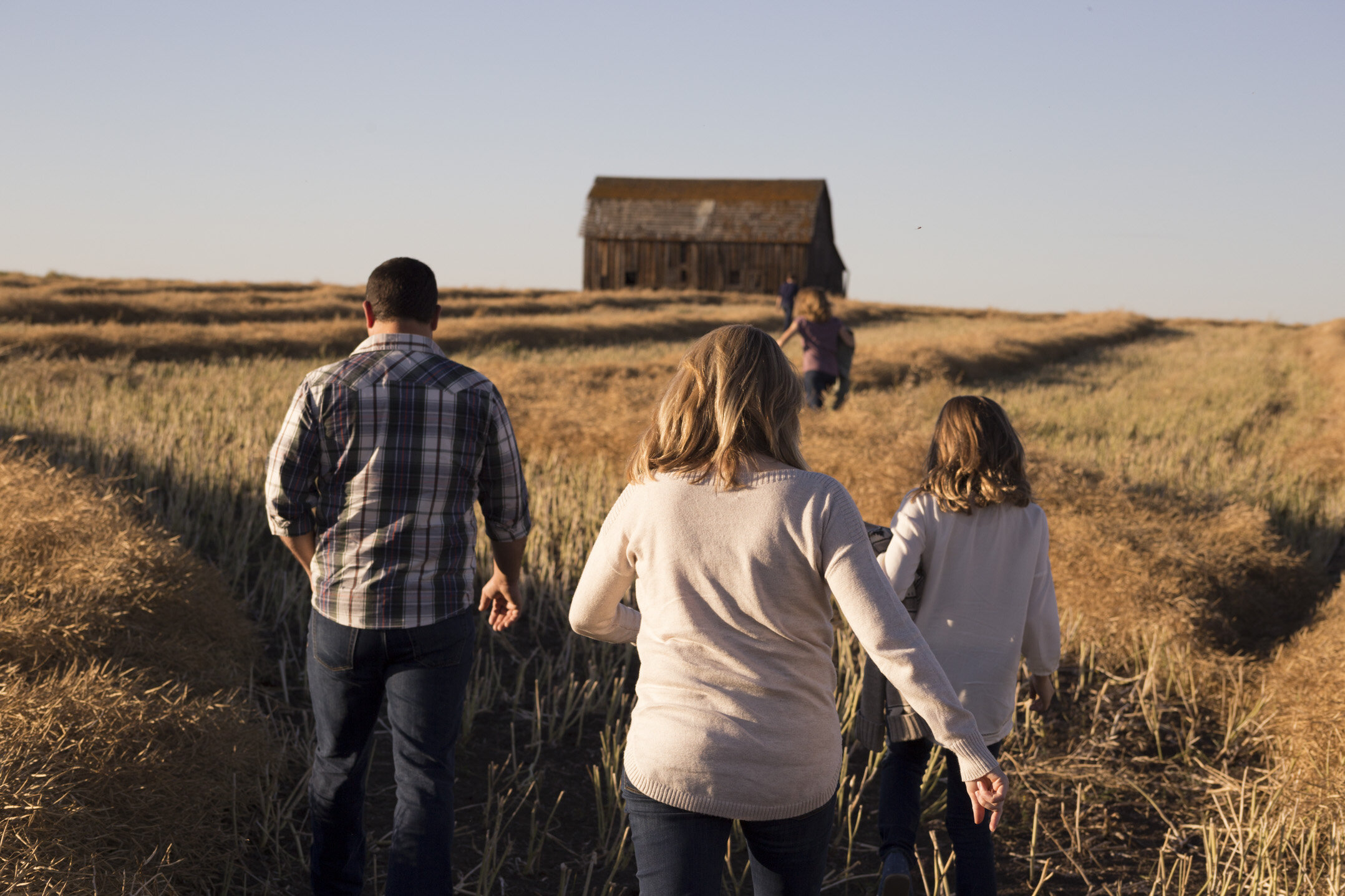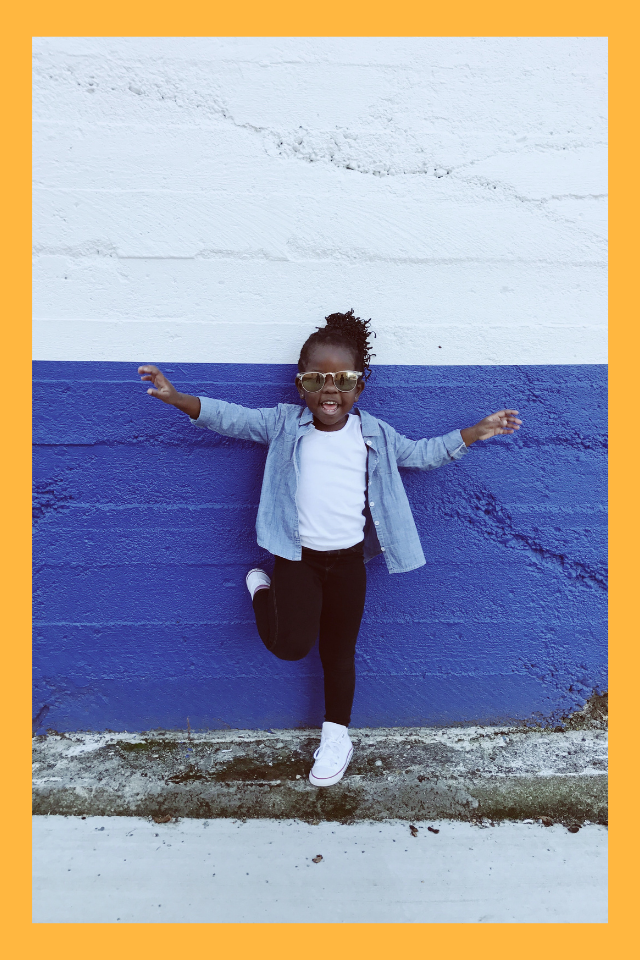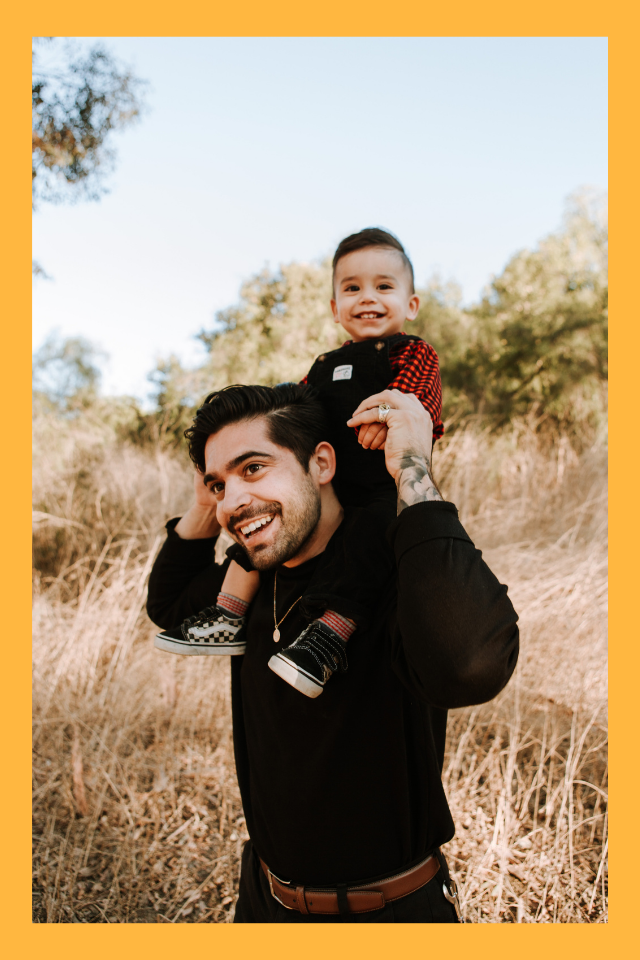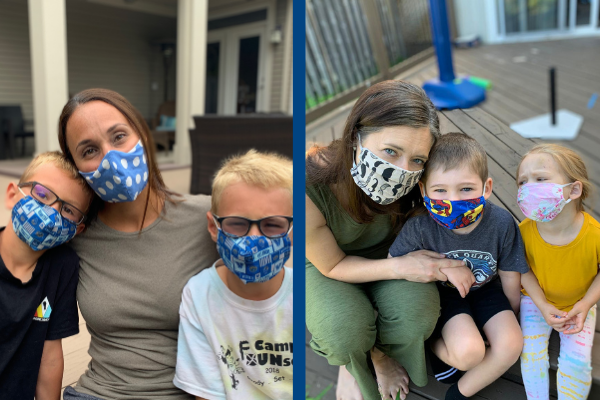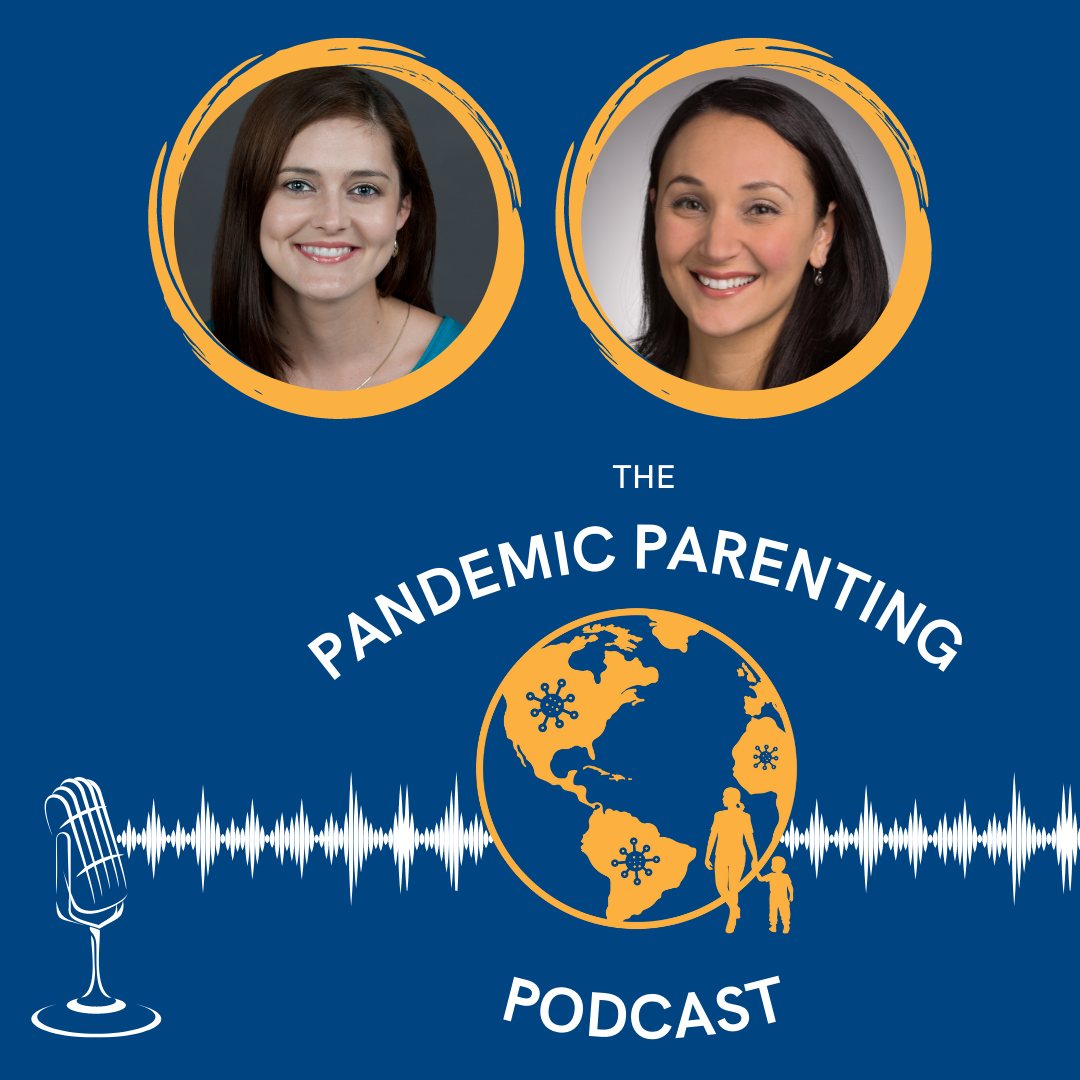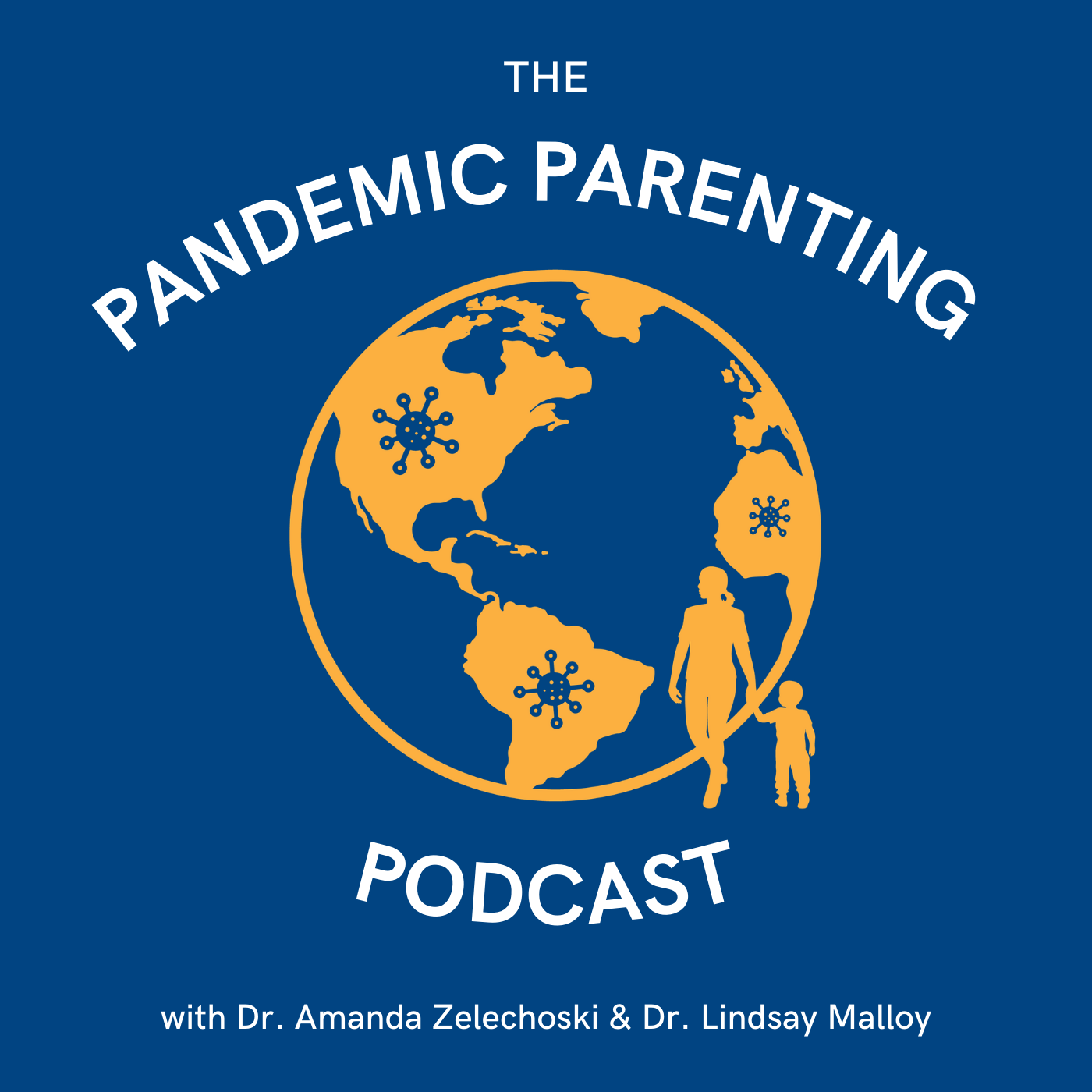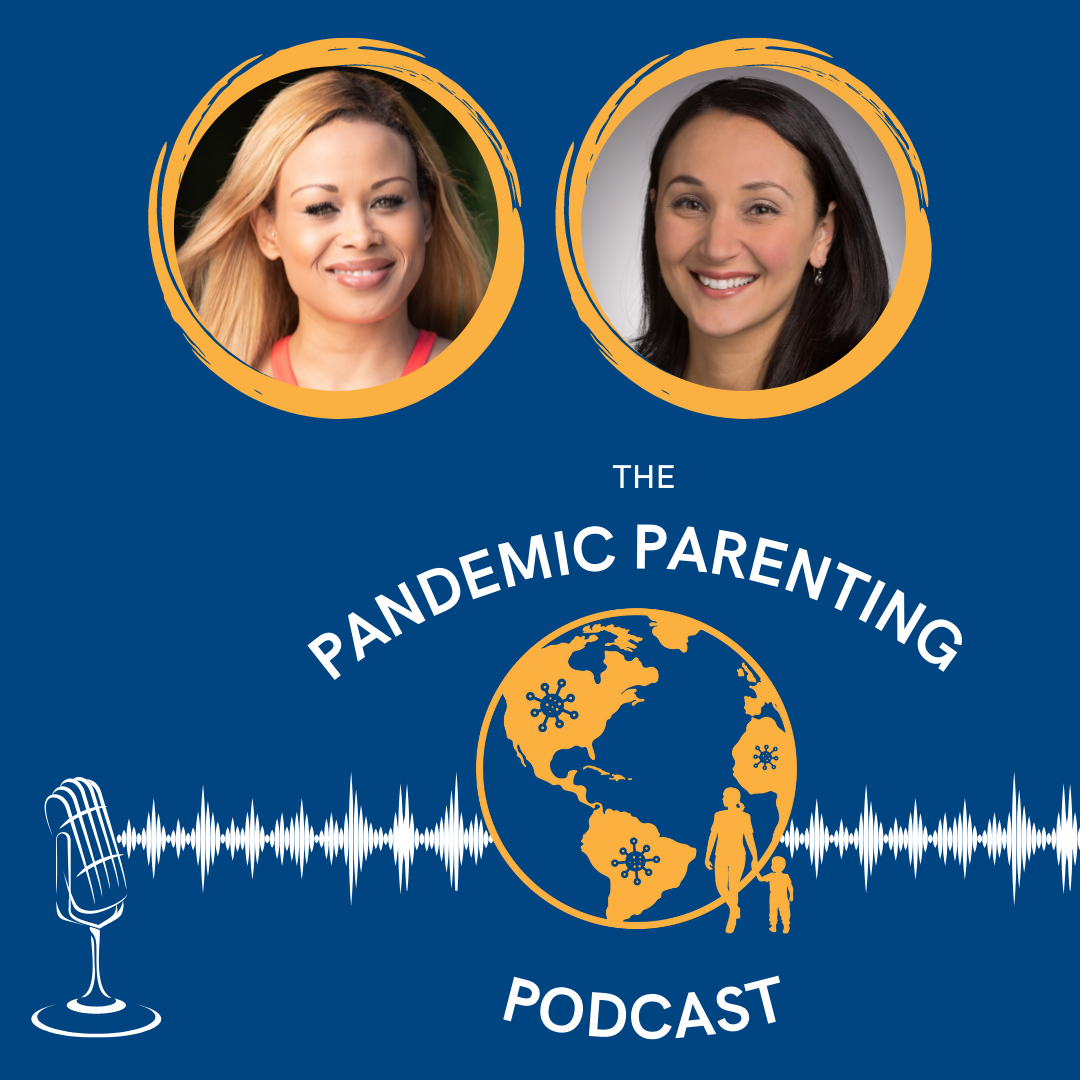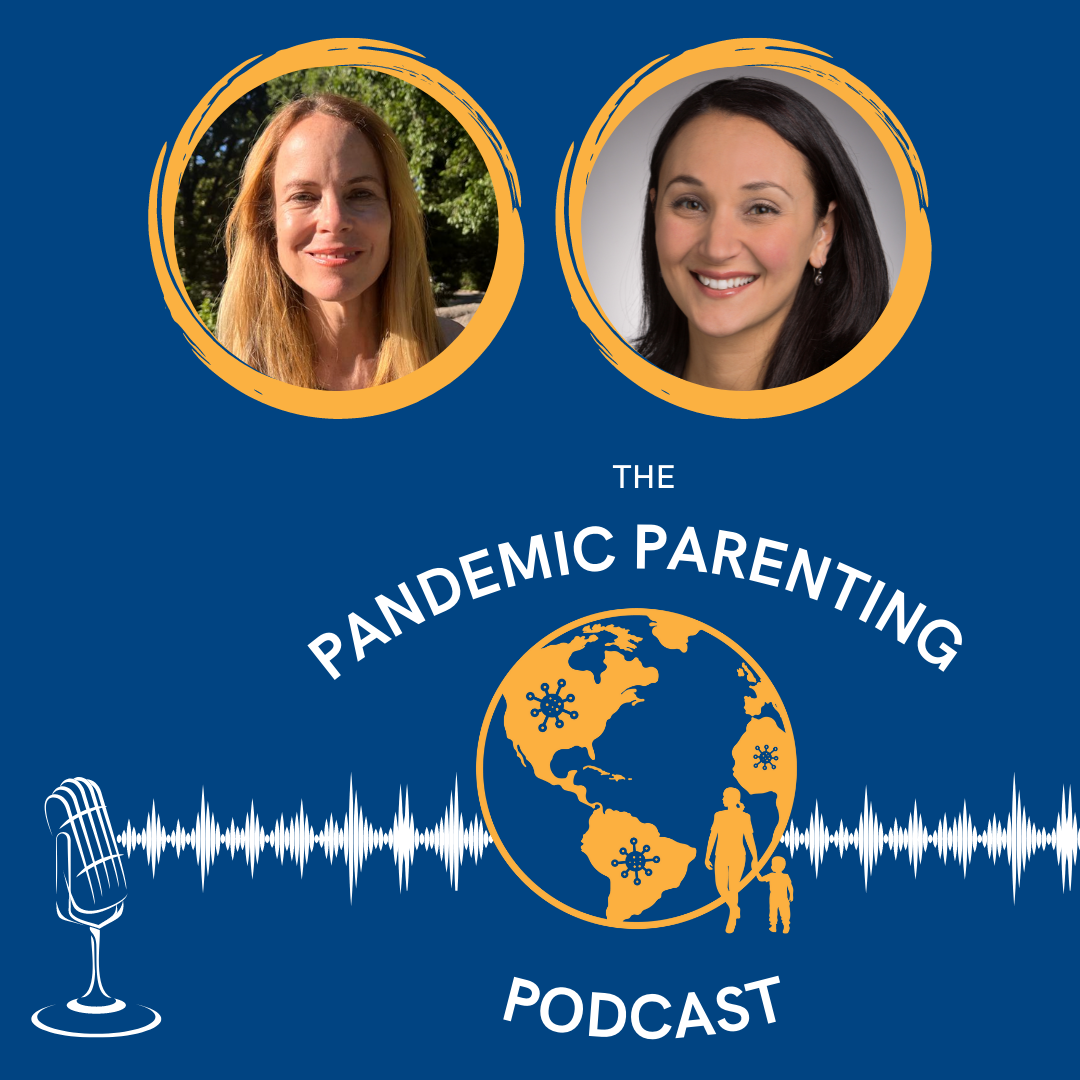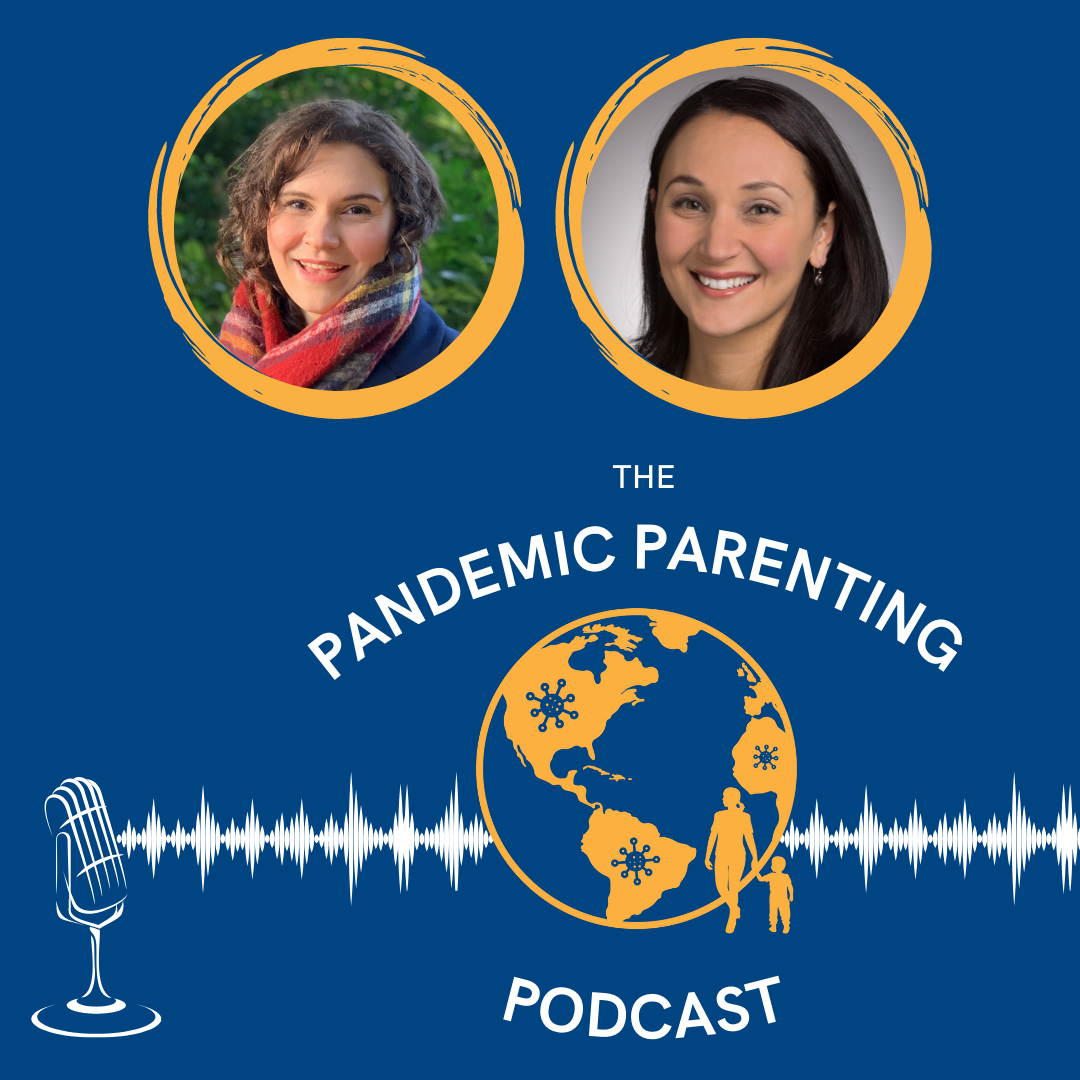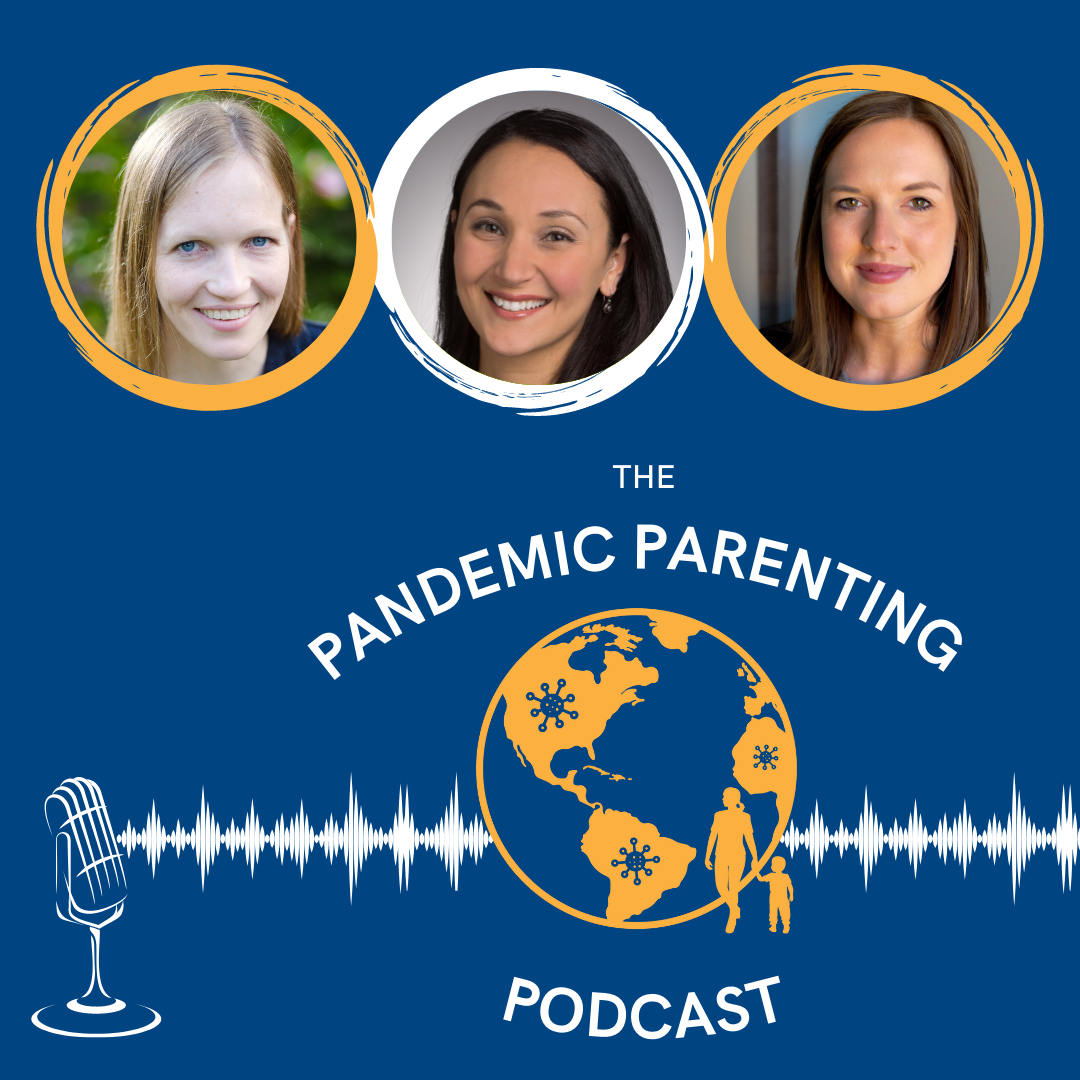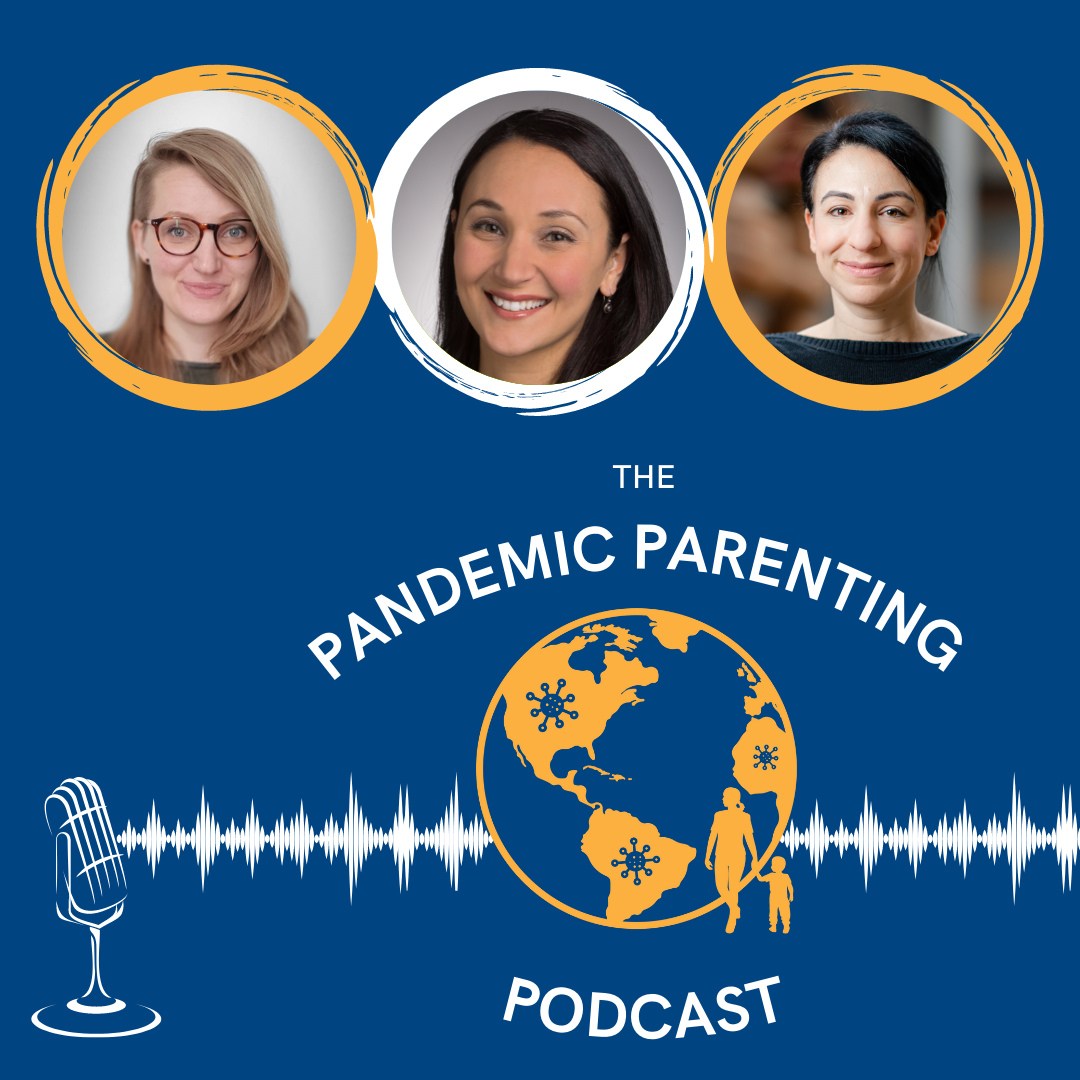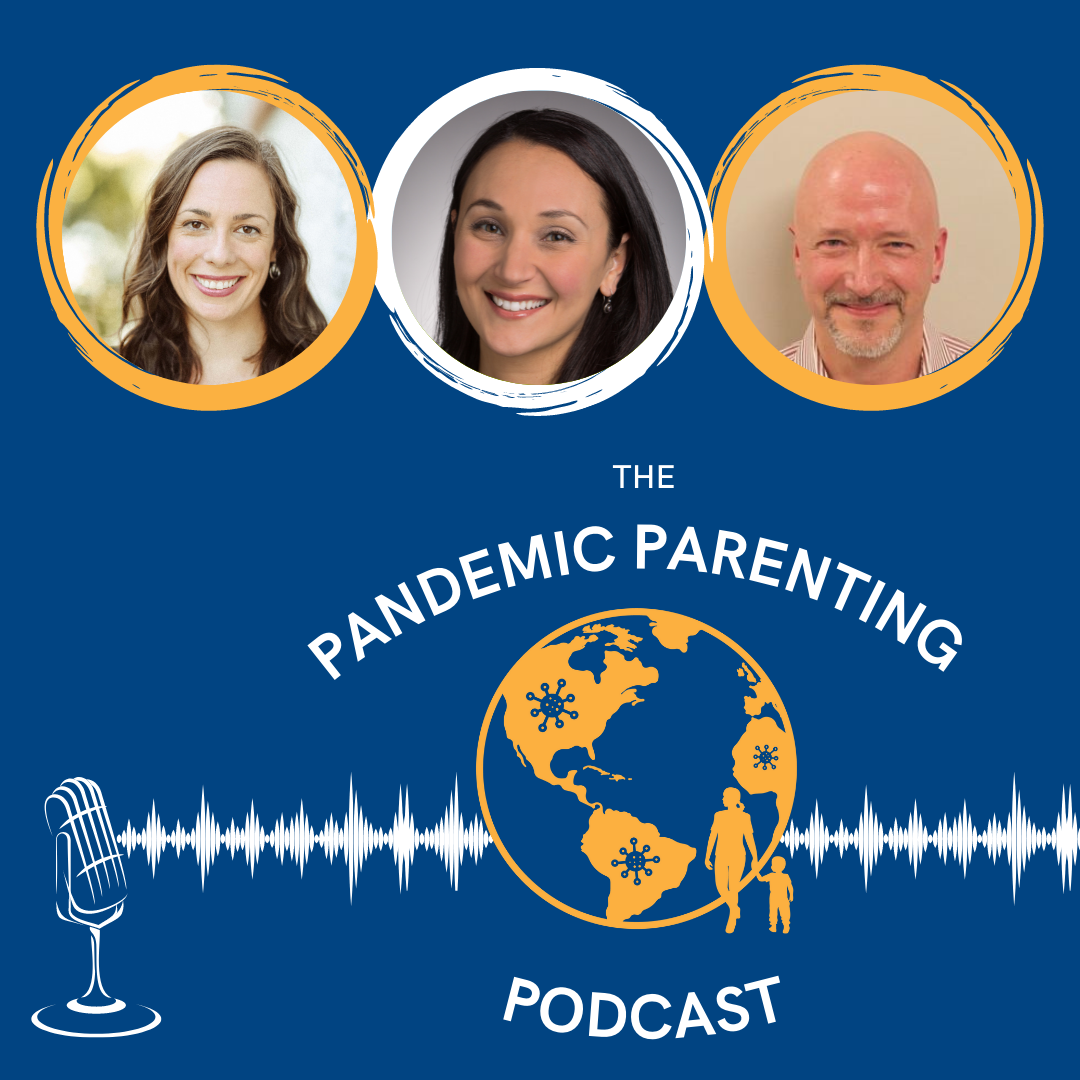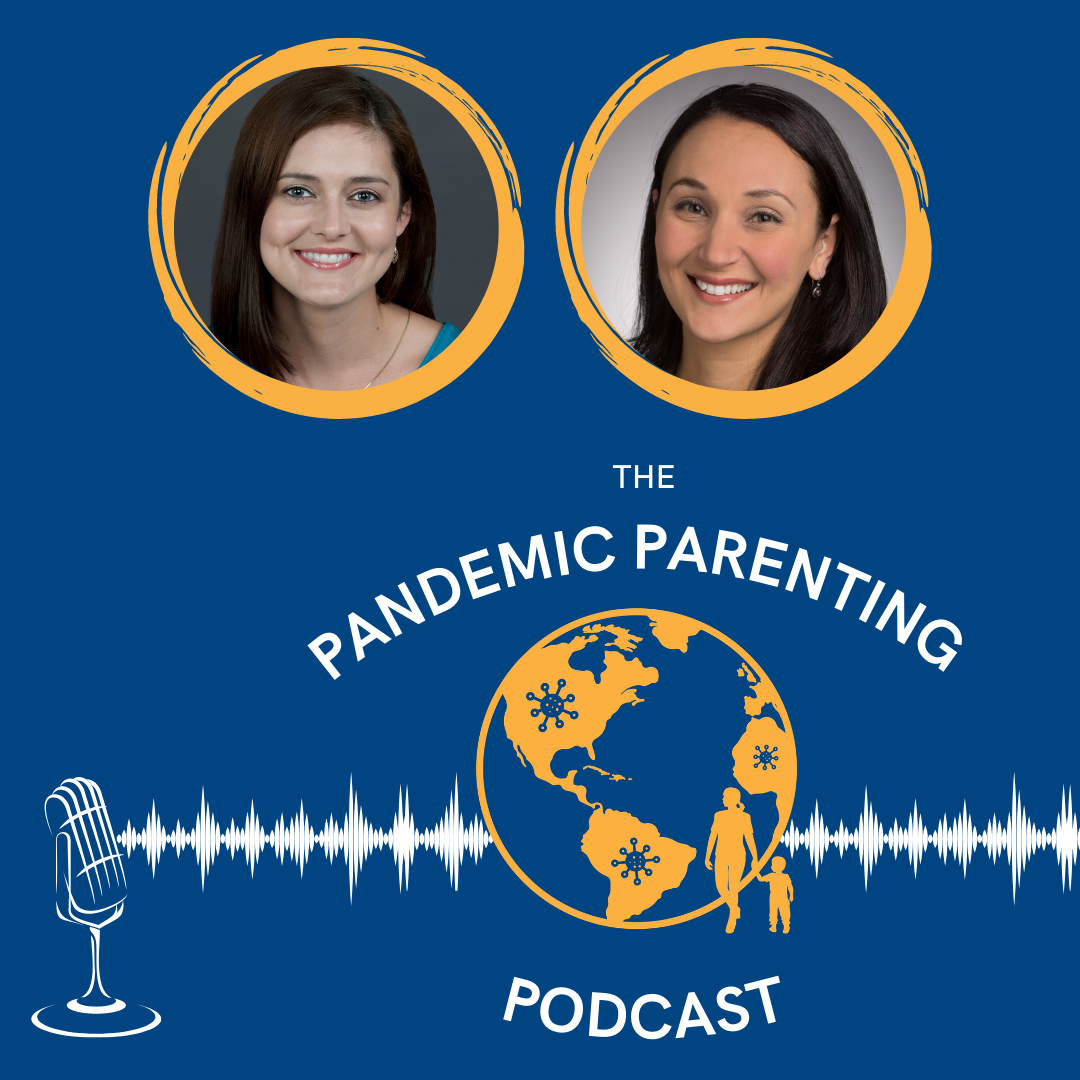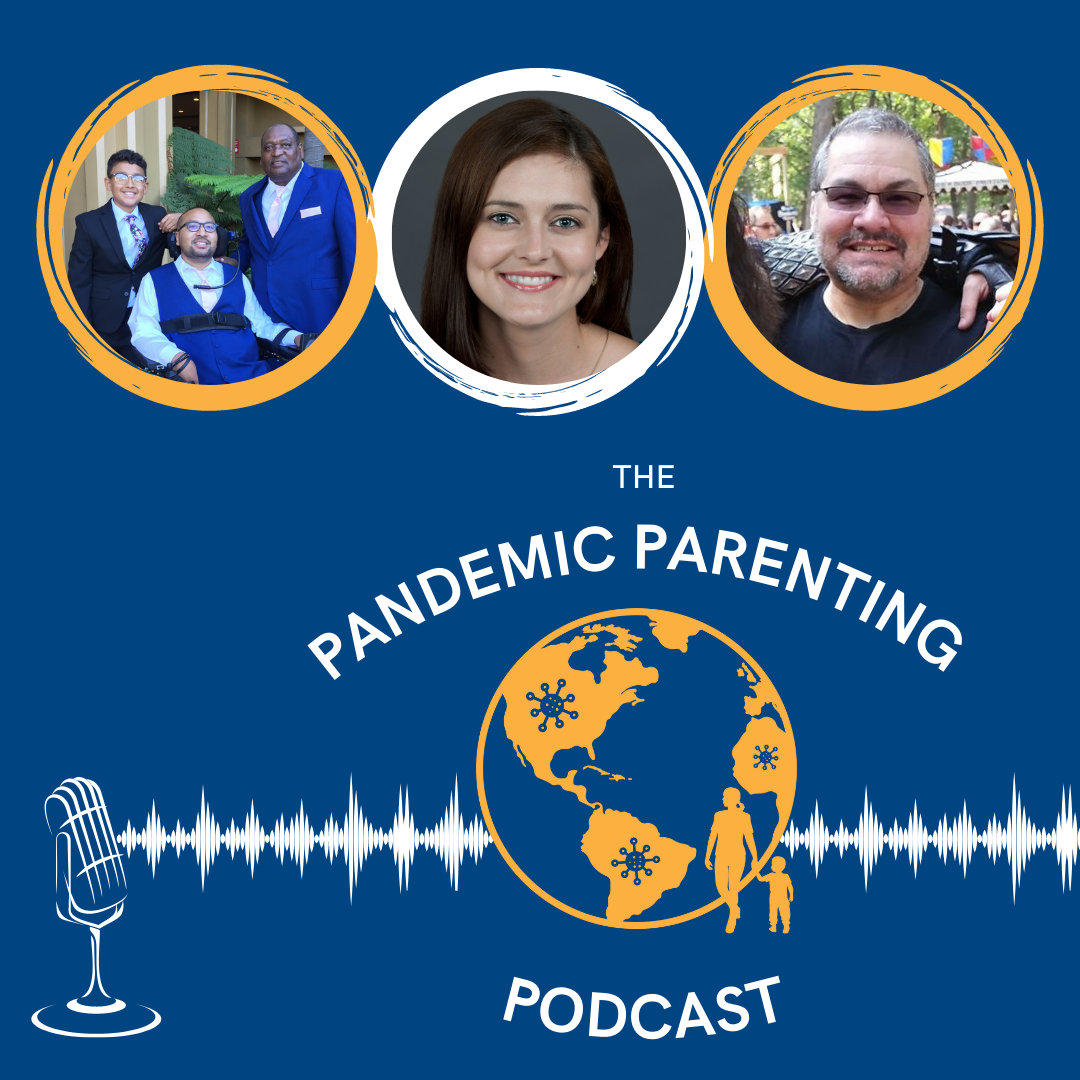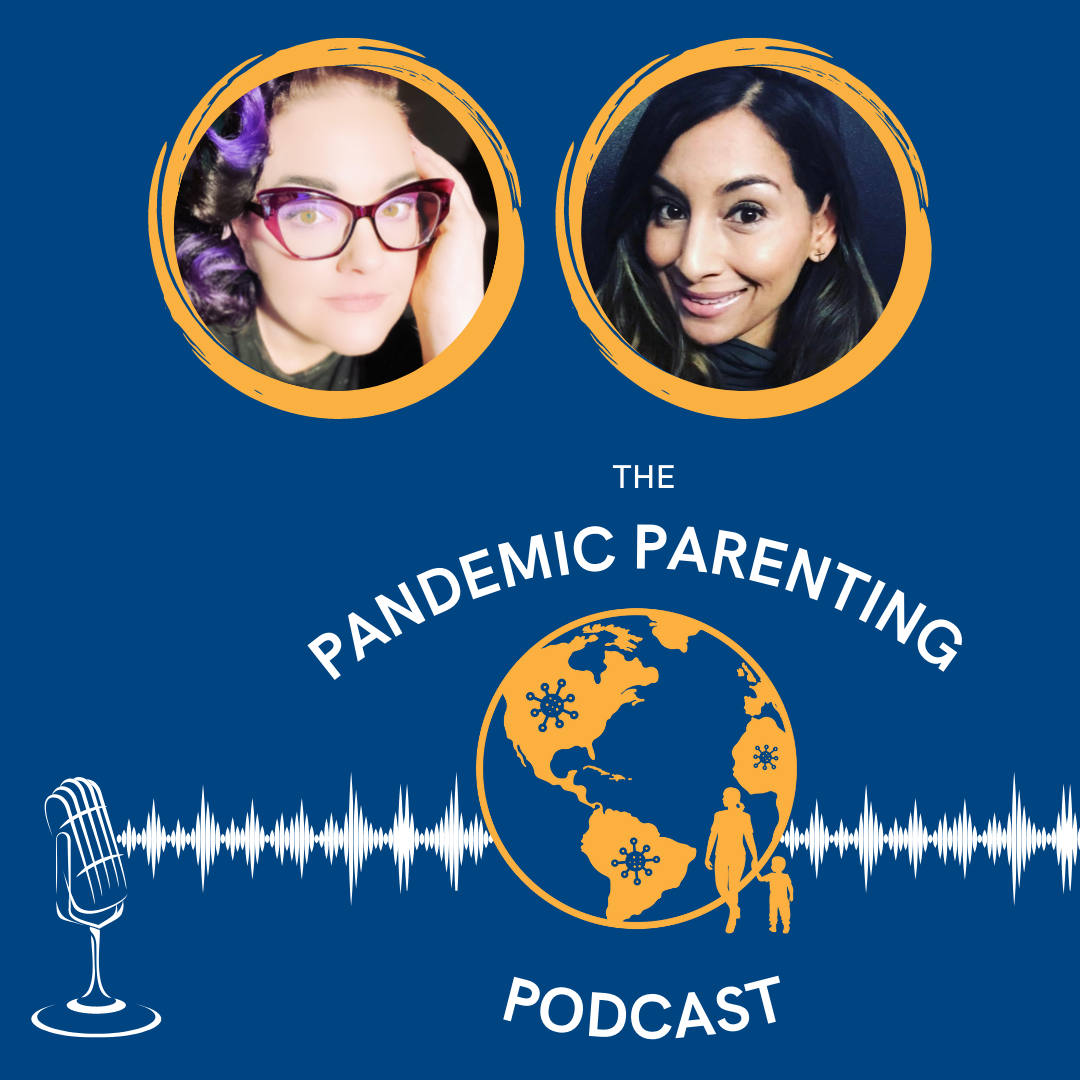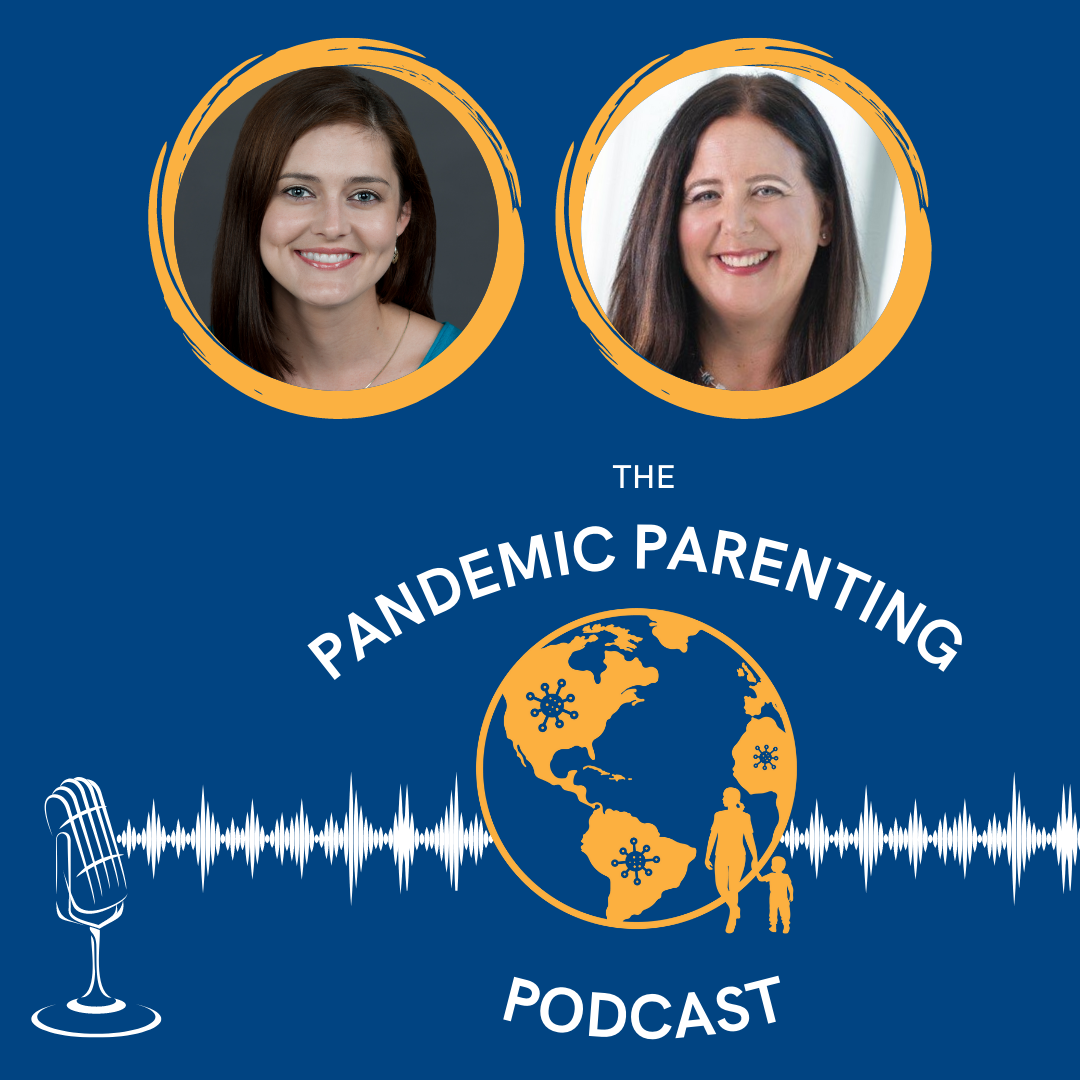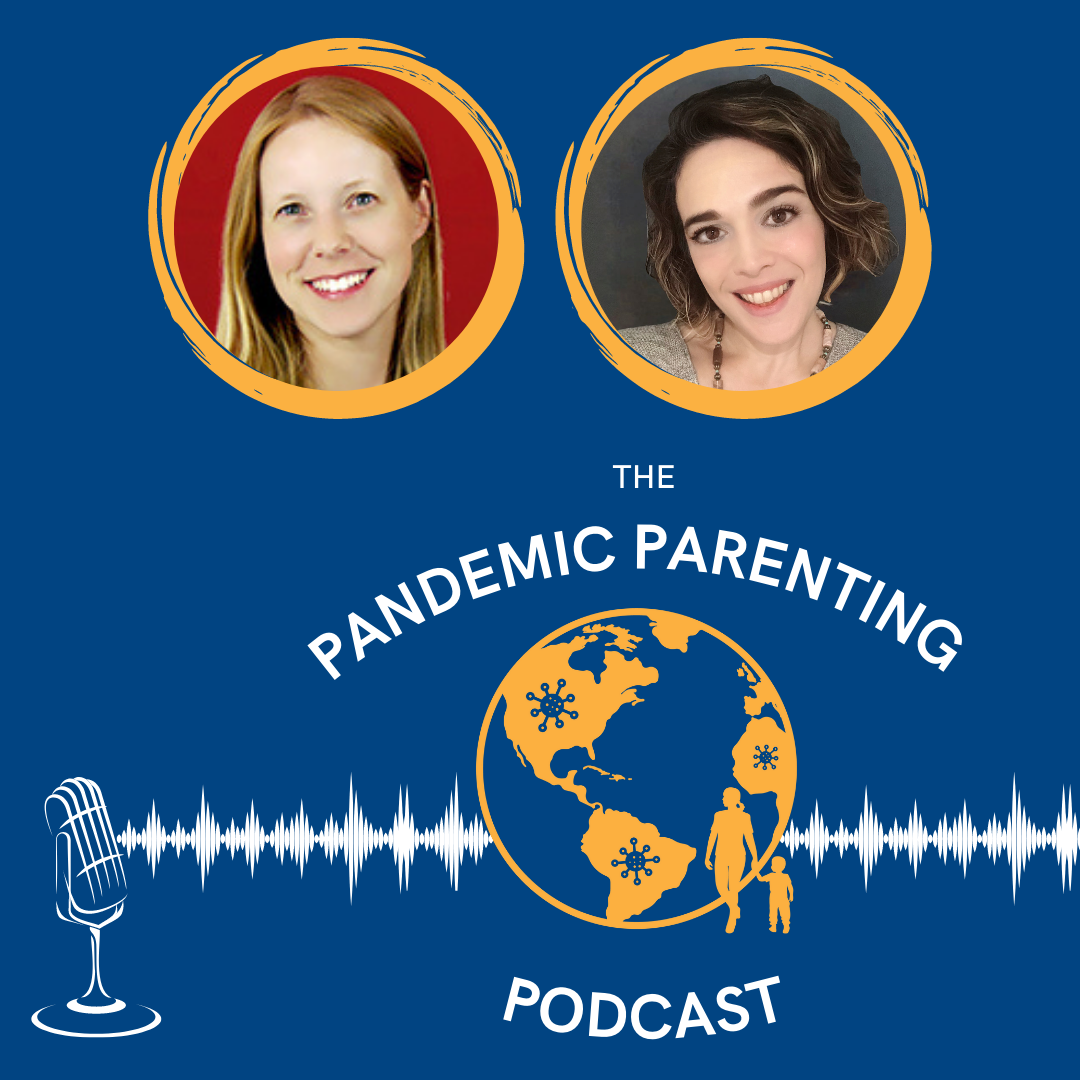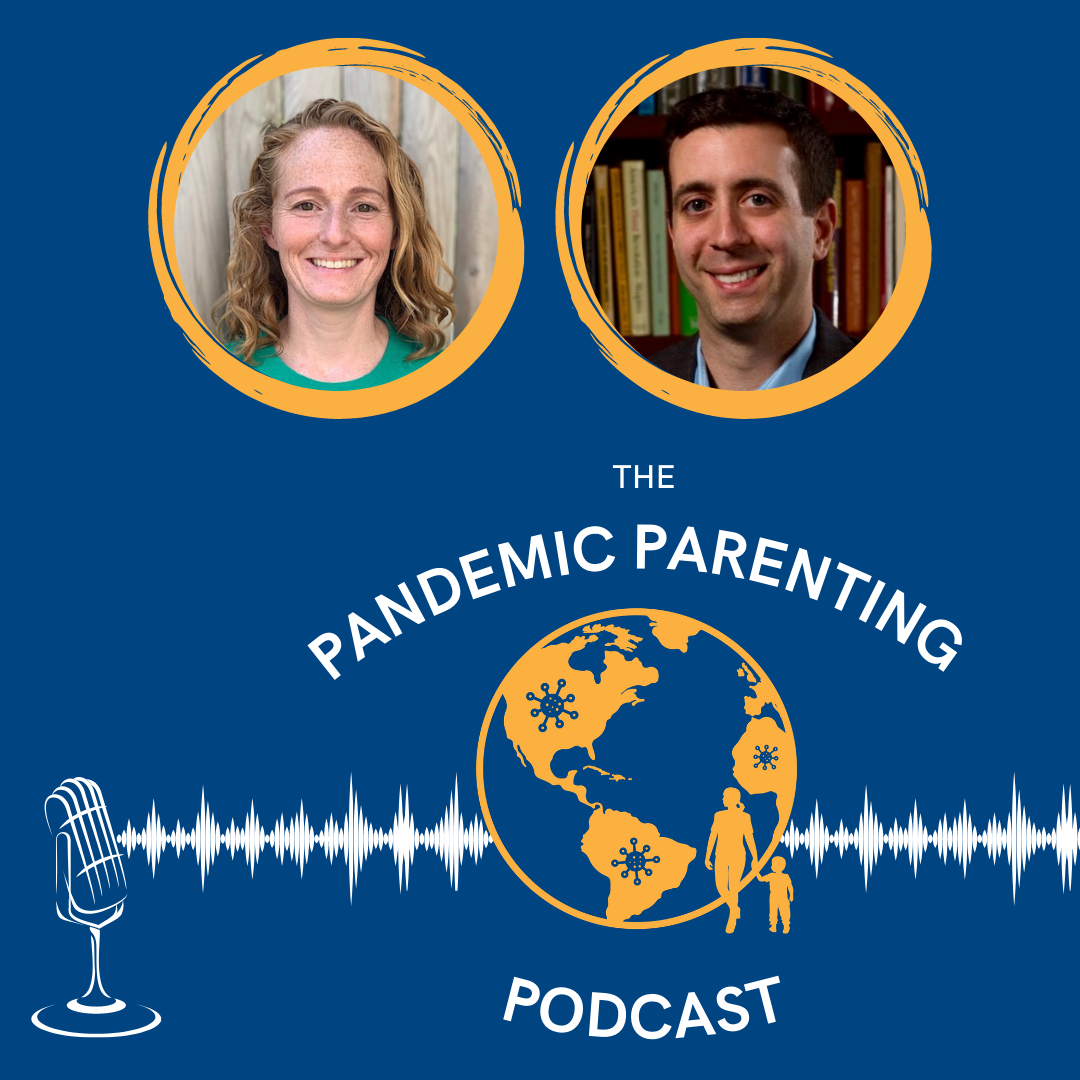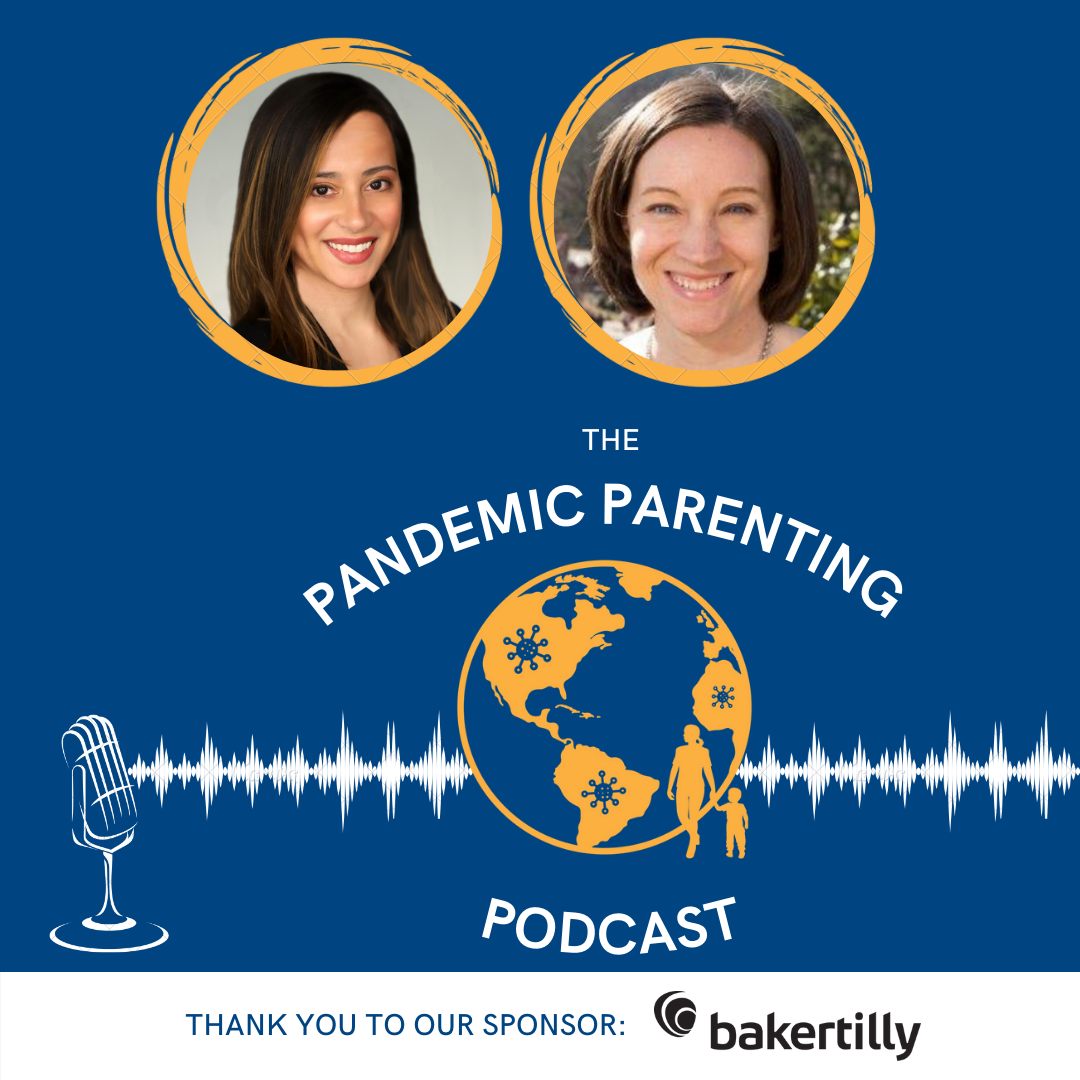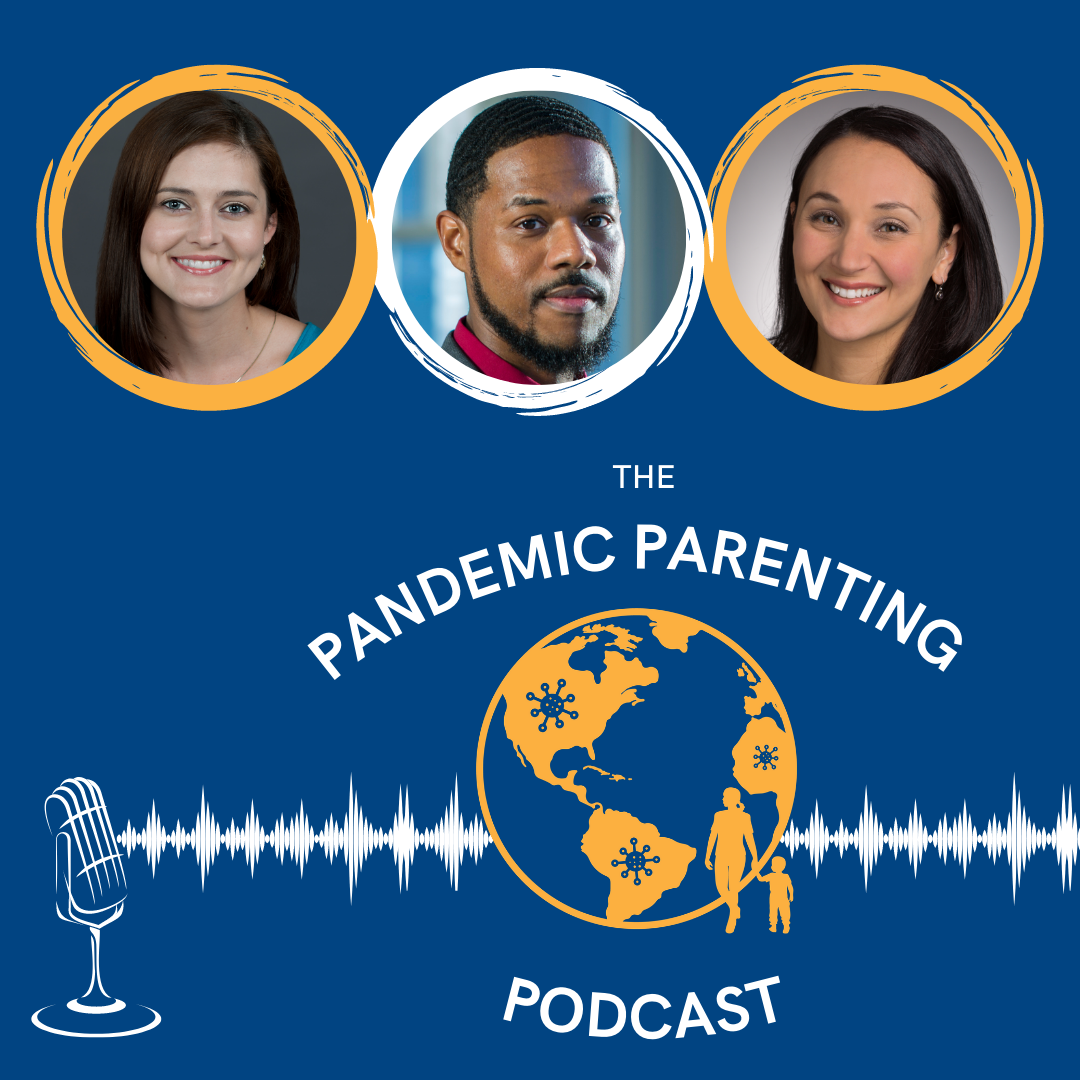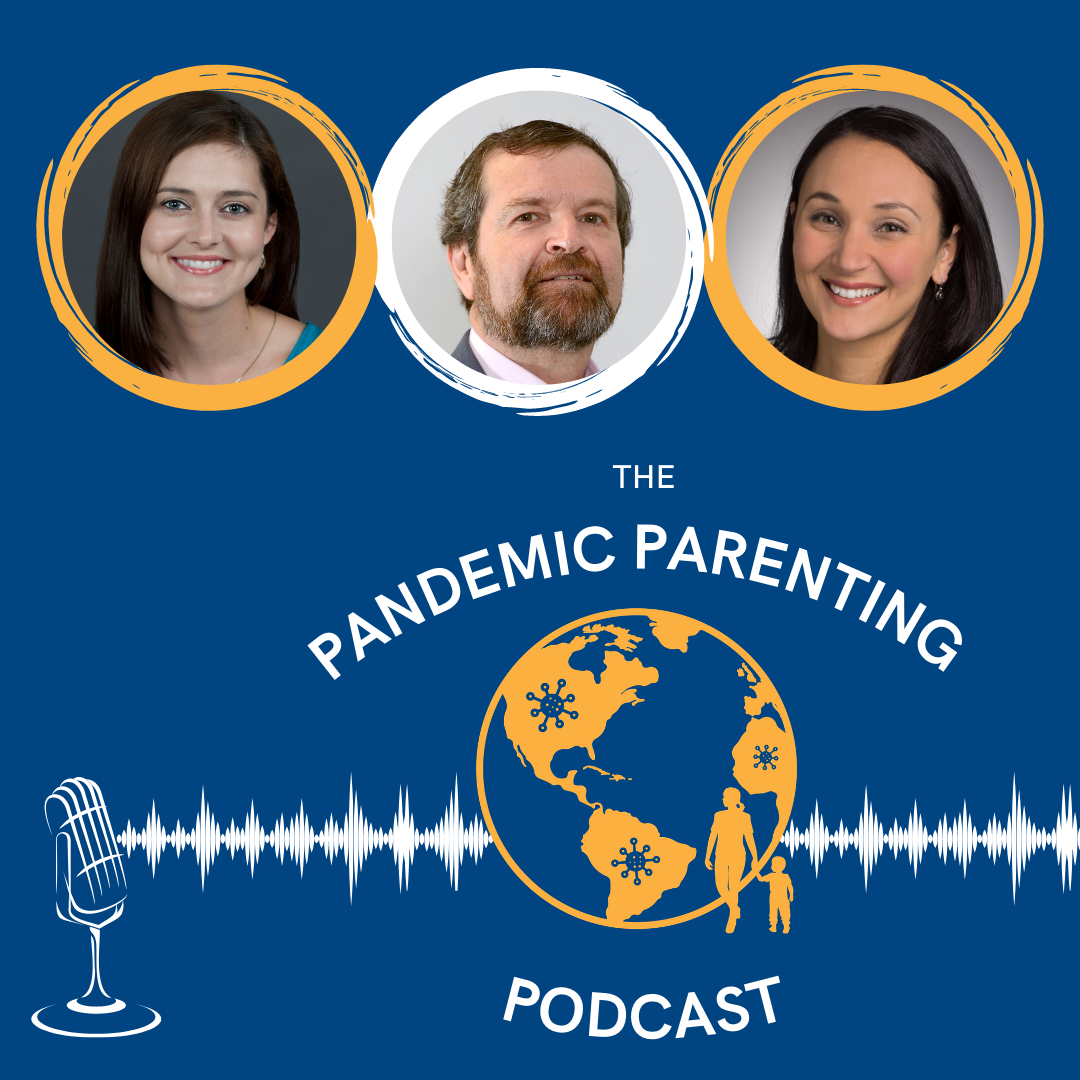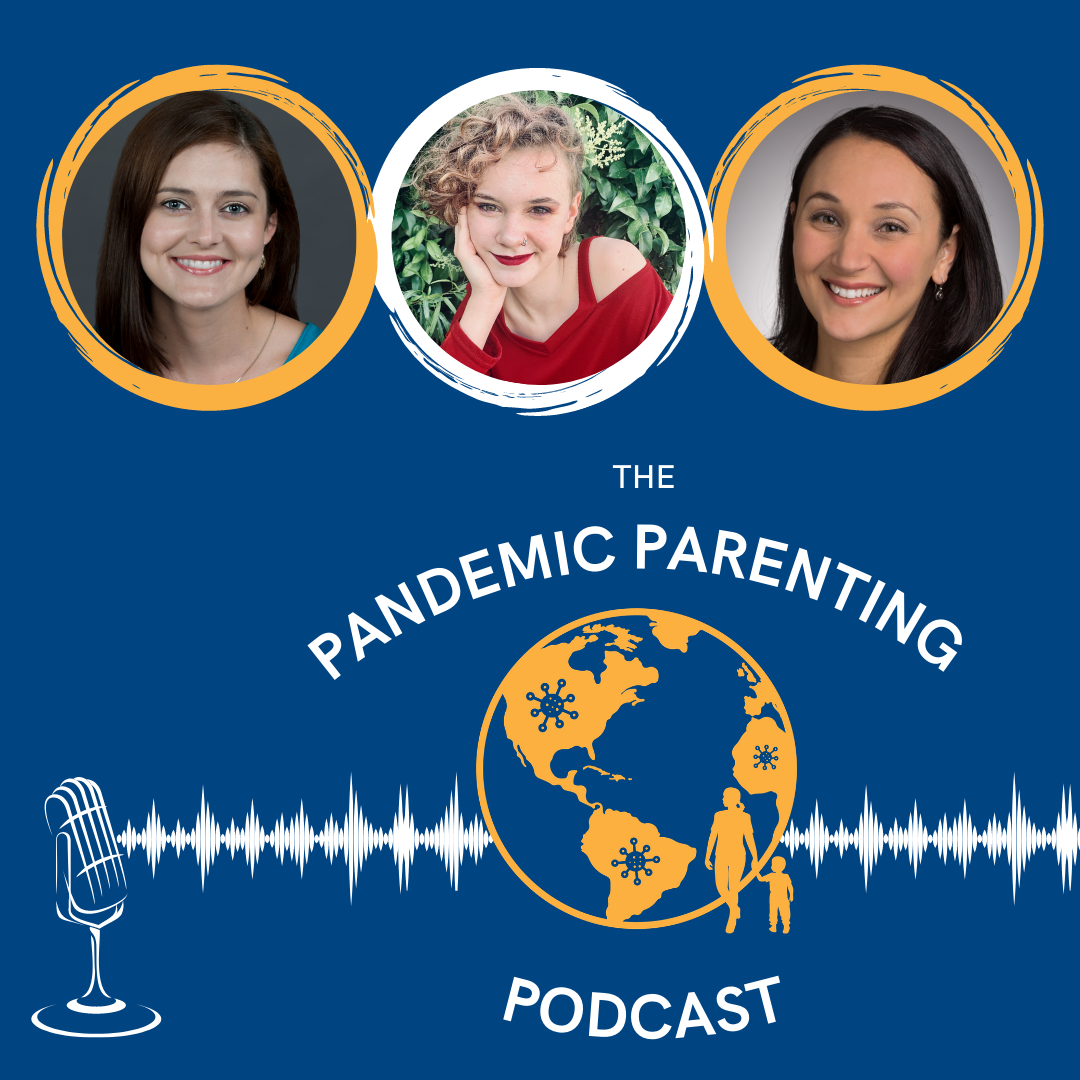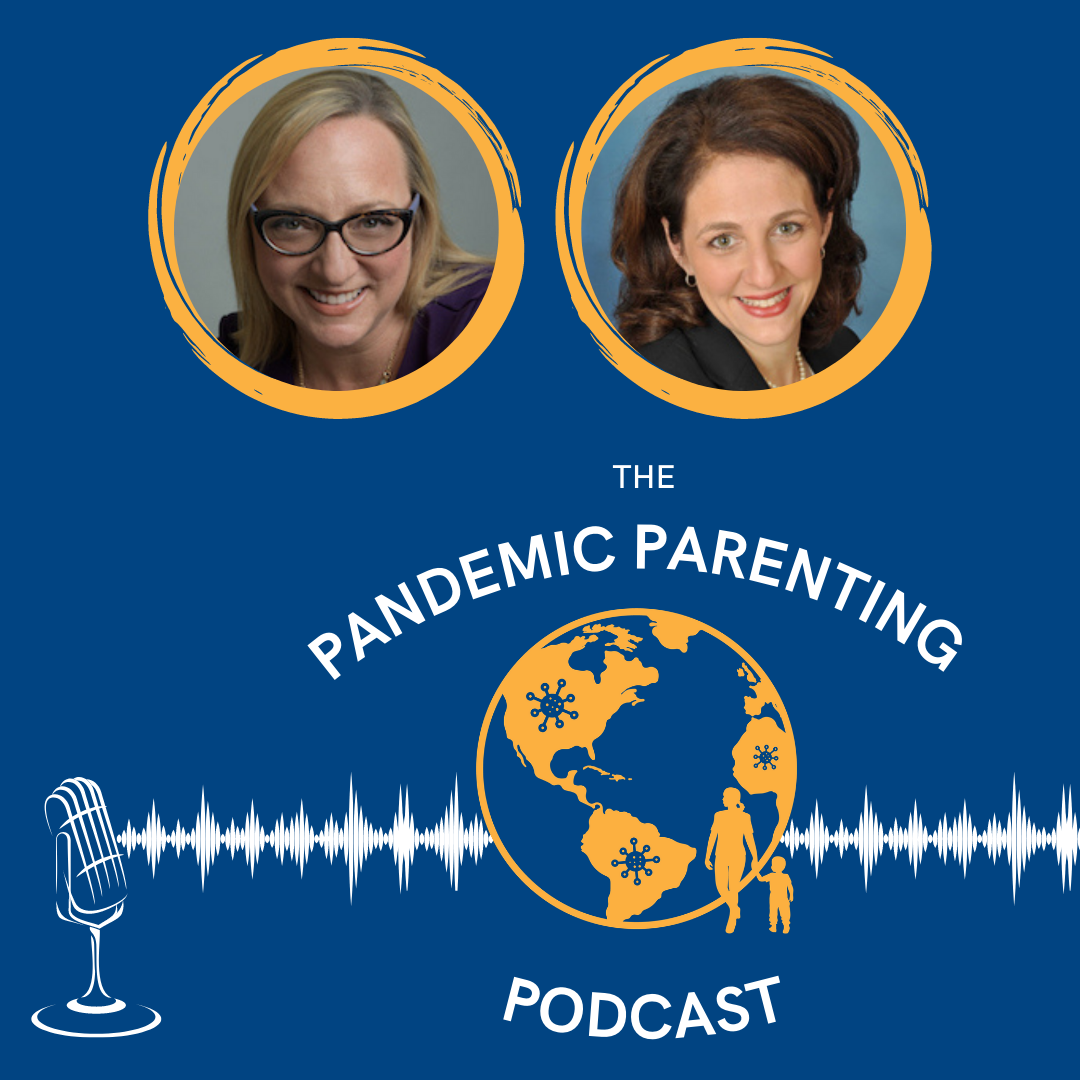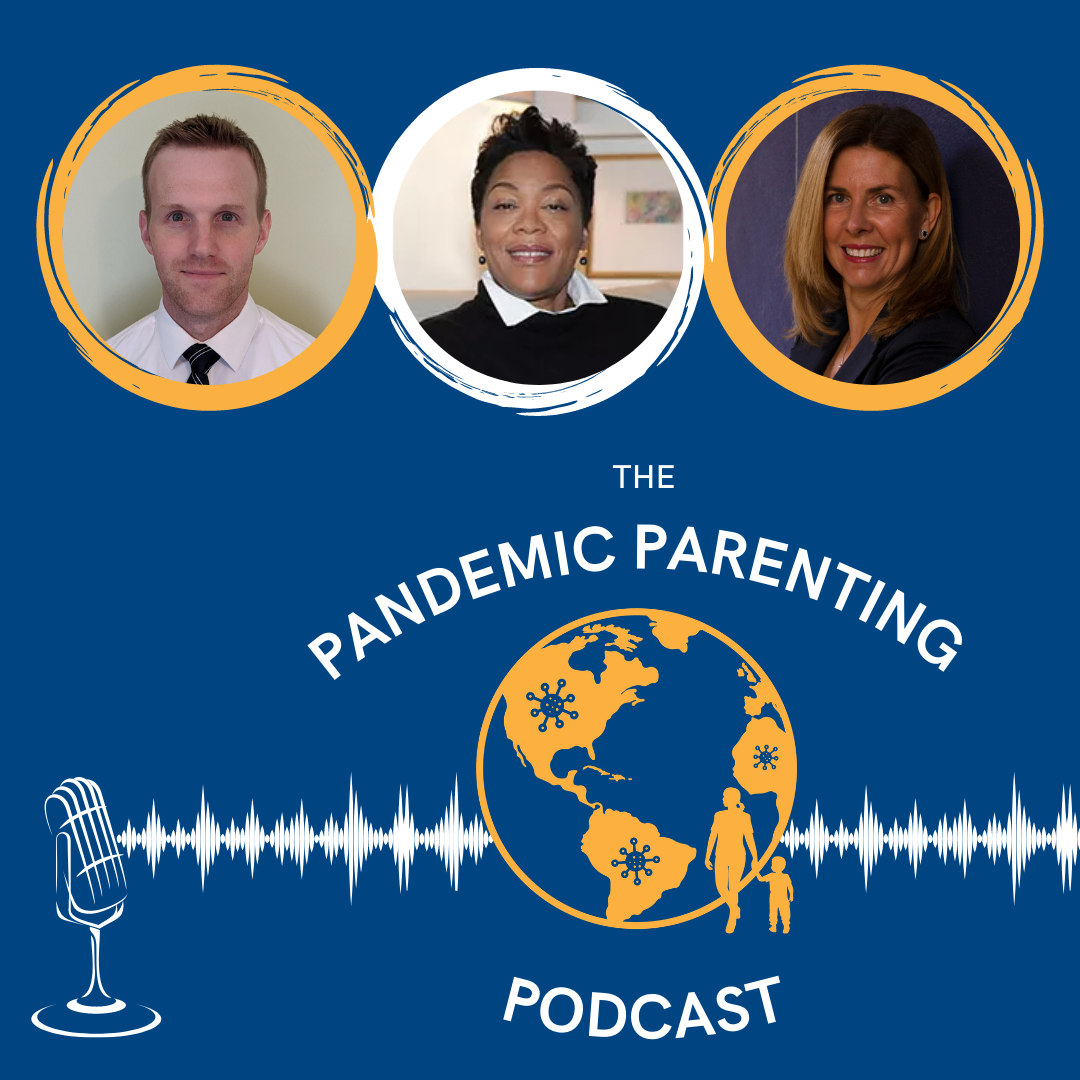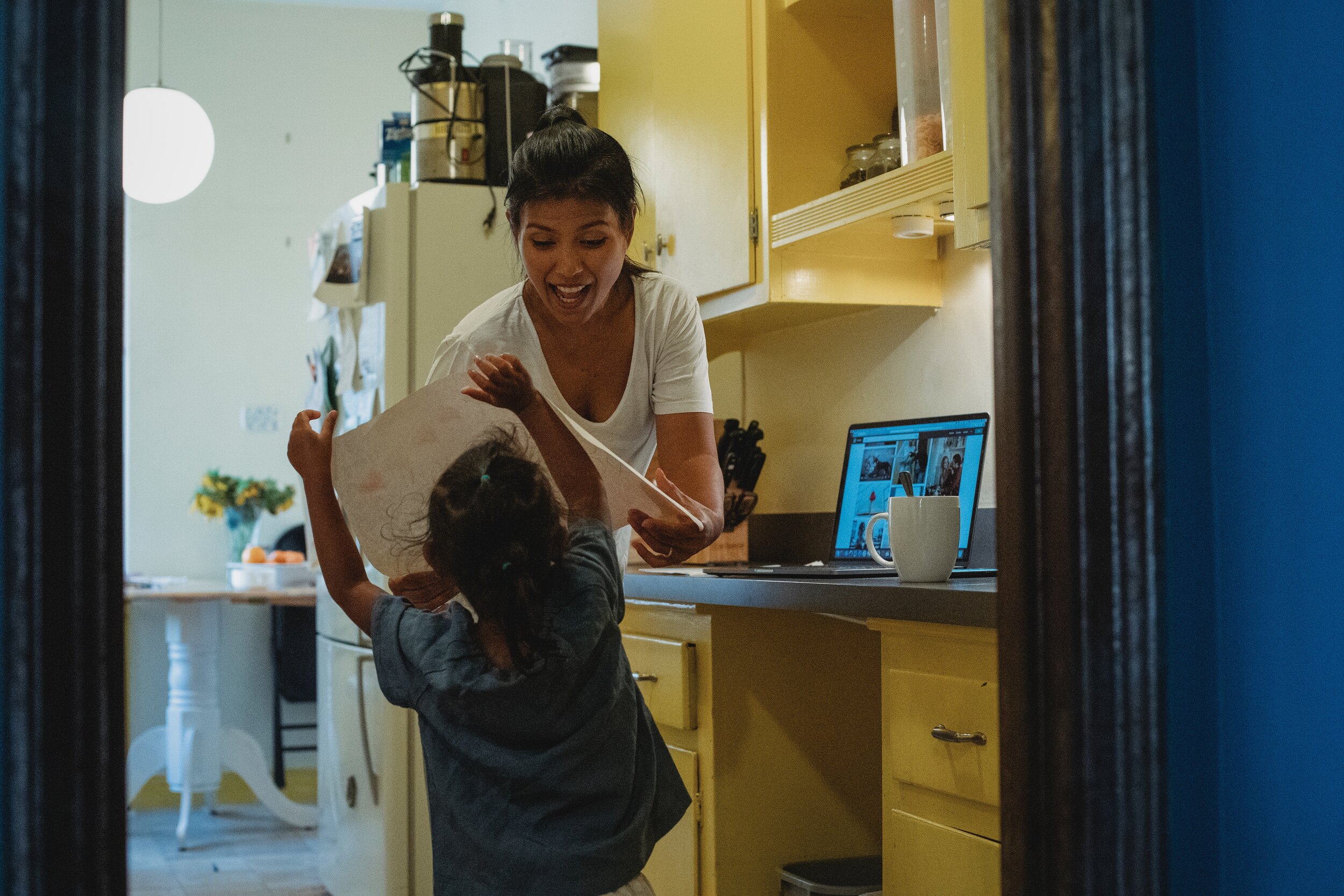
Free science-based resources for busy parents and all who care for kids.
What do you want to learn about?
A lot of important and helpful research is underway that can be of immediate use to you and your family. We’re here to make the research accessible and available as you continue to navigate the ongoing challenges that come with raising kids in an ever-changing world.
Browse Resources by Mental Health Topic
Browse Resources by Specific Circumstance
Meet Our Co-Founders
Dr. Amanda Zelechoski & Dr. Lindsay Malloy
As psychologists, professors, and researchers, we spend much of our time studying how negative experiences impact children and the many ways children communicate their needs and emotions. As moms, we’re struggling right along with all of you to figure out how to adequately meet our children’s needs in the midst of a global pandemic.
Watch Bite-Sized Videos for Busy Parents
Don't have a lot of time? We've got you! Watch our Snack Break videos (short highlights from our podcast and webinars) to get the tools and tips you need to navigate pandemic parenting.
What Parents Are Saying About Us
Find Expert Answers to Your Pressing Questions
Reaching Pandemic Parents Online & On the Air

